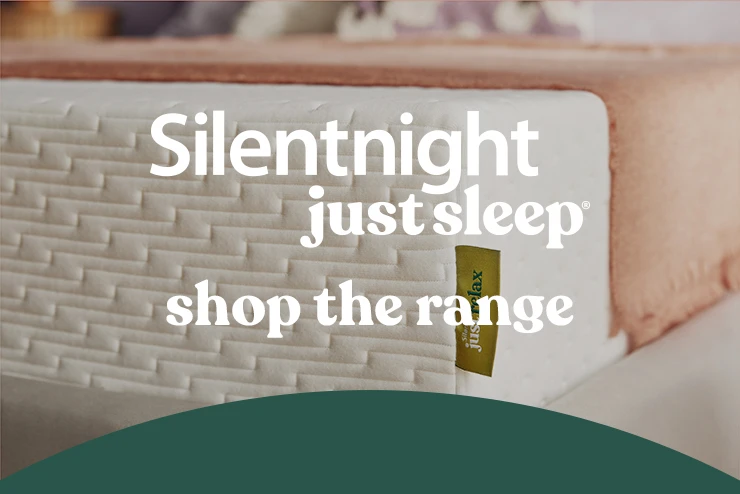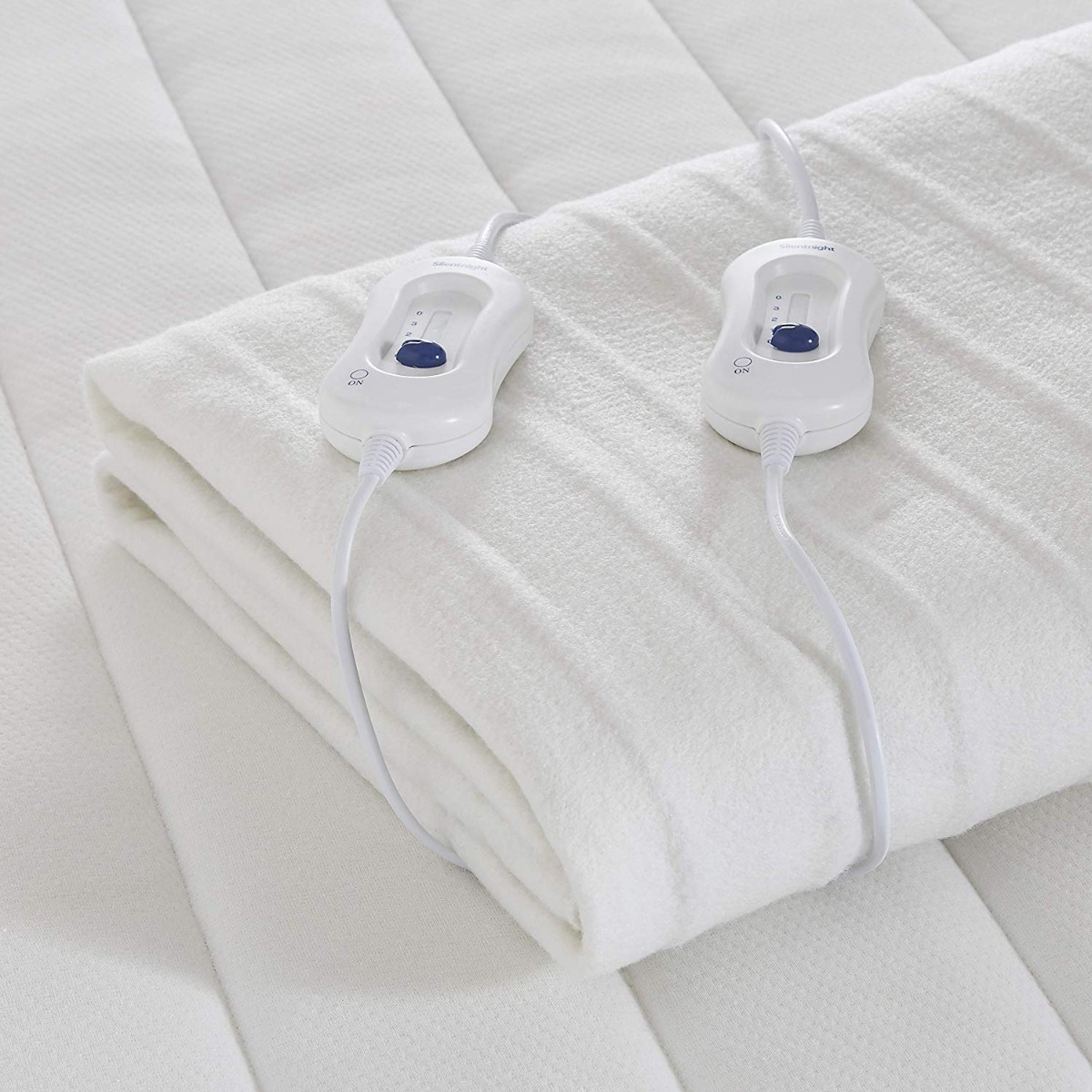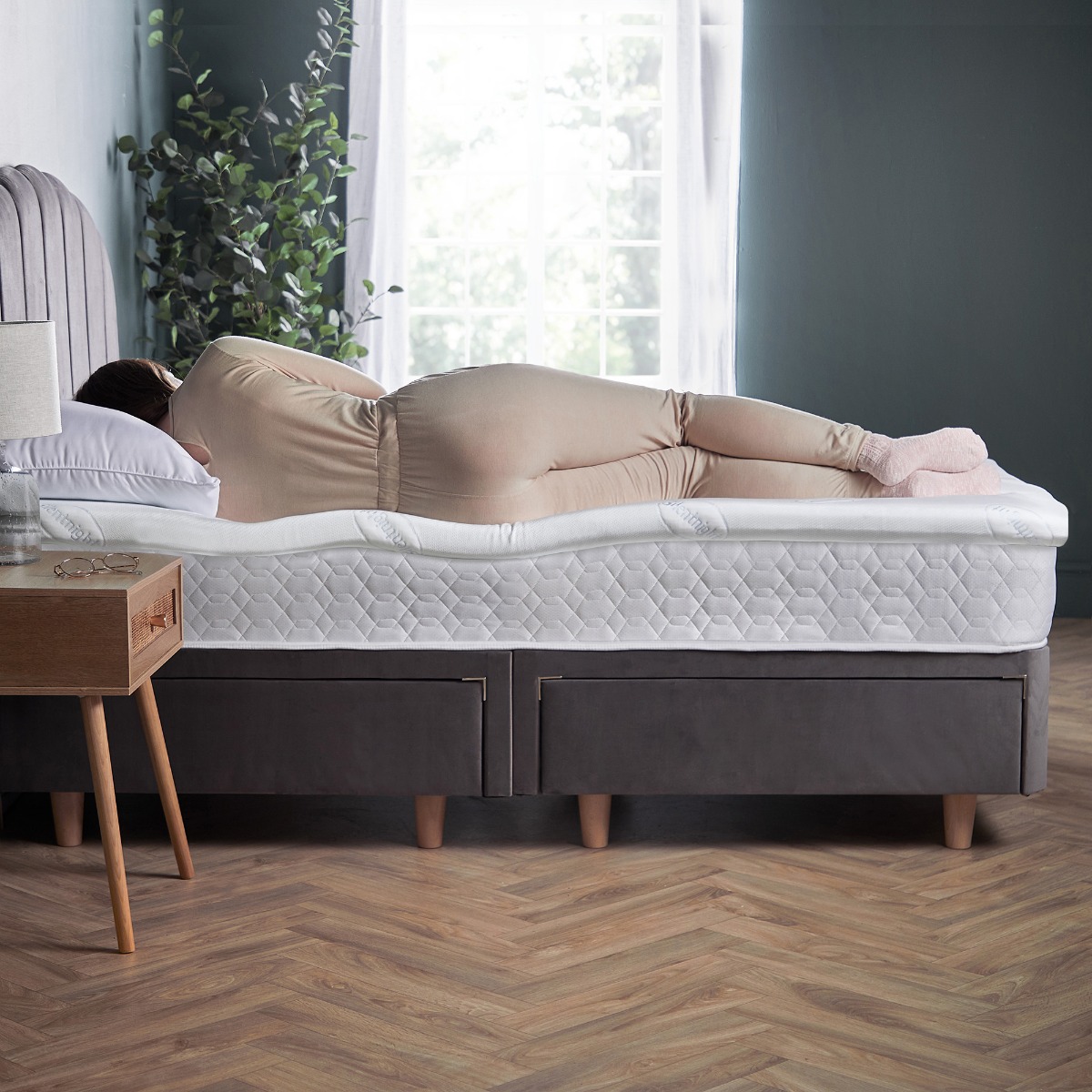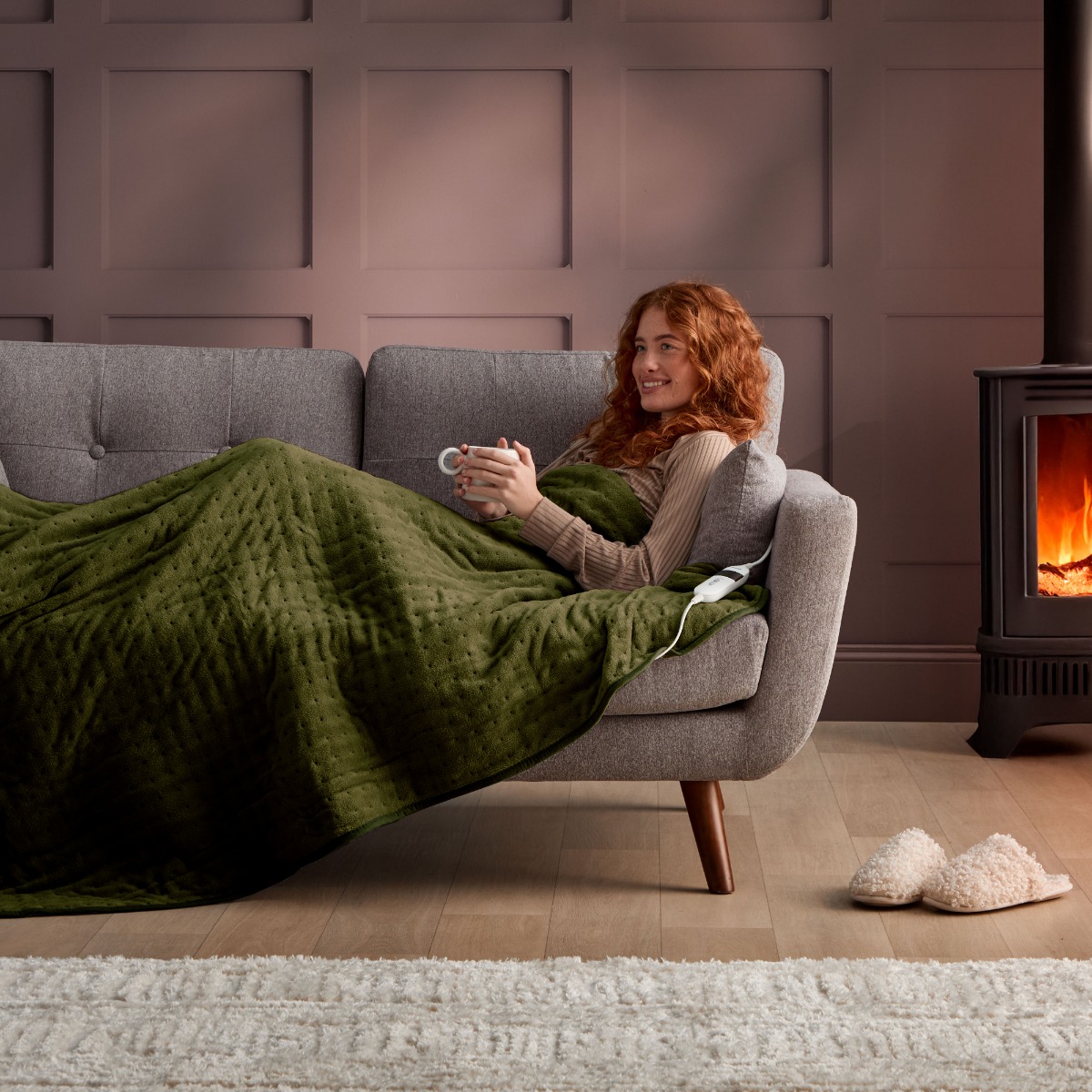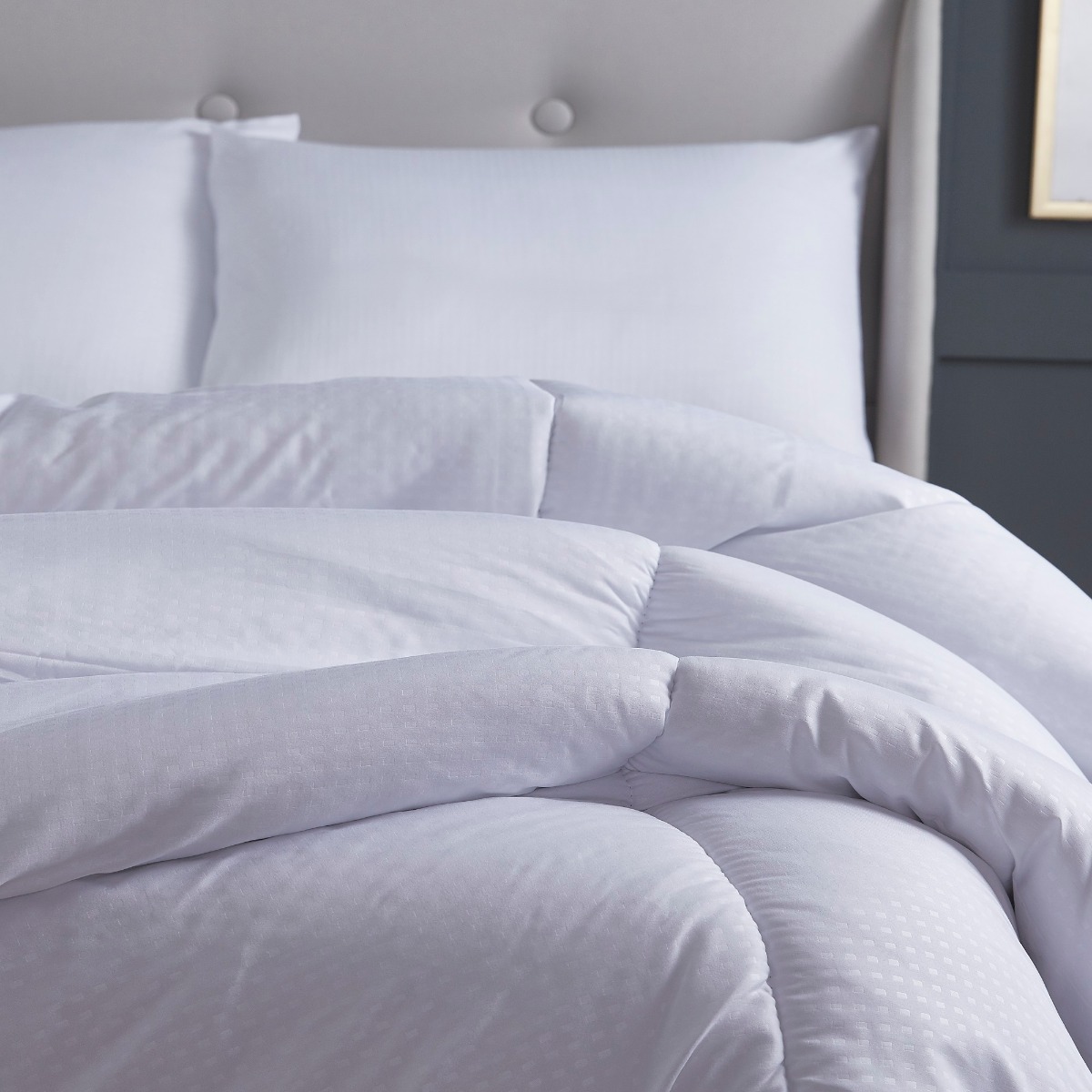how to nap the right way

We all get that daytime drowsiness feeling every so often, and sometimes you may think, is a nap good for you and will it affect how you sleep that night? Well, how beneficial a nap is, all depends upon how tired you feel, the length of time you nap for and the time of day too - there’s a lot more to napping than you may think - and although there are many power nap benefits, you should only take that daytime snooze if you really need to. So, let’s delve into the pros and cons of napping, plus we share our tips on how to nap the right way.
are naps good for you?
There are many benefits to taking a nap. Power naps can be restorative and help to reduce fatigue during the day and if you’ve not had enough sleep during the night, napping can counteract that drowsy feeling you get in the afternoon. Taking a short daytime sleep is also a good way to boost your cognitive functions such as memory and the ability to complete a complex task. Here are some key benefits of a power nap:
Reduces fatigue - if you didn’t get enough sleep the night before, taking a nap can relieve a sense of fatigue and help you to feel more energised.
Improves memory function - another power nap benefit is that it can improve long-term memory, compared to just taking a break and staying awake
Lowers blood pressure - research has shown that for those who have hypertension, a power nap may reduce blood pressure levels. (1)
Provides relief from stress - if you are experiencing a difficult time, the stress you feel leads to a sense of fatigue and pain, and so a power nap can help calm your body and improve your mood too.
Helps to prevent accidents - sleep deprivation can lead to accidents and a poor sense of judgement, and so if you plan to drive or operate heavy machinery for example, then you should try to take a nap beforehand if you’re feeling tired to improve alertness.
how long of a nap is too long?
Despite the benefits of napping, an afternoon sleep has its downsides too, and can make you feel groggy and disoriented if you nap for too long. Too long of a nap reduces the amount of sleep pressure that you’ll have in the evening, which means it will affect how you sleep that night and how you feel the following day too. So, if you feel the need to take a nap, make sure it’s for no longer than 30 minutes.
Furthermore, napping can prove to be problematic if you suffer from sleep disorders, are diabetic and don’t know the cause of your daytime fatigue.
what is the optimum nap time?
The optimum nap time is around 20-30 minutes and you should try to avoid napping after 3pm. If you’ve ever noticed that you tend to feel sleepy in the early afternoon and wondered why, it’s actually all down to something called the “post lunchtime dip”, which is part of our circadian rhythm. So, if you go to take a nap and fall asleep within 10 minutes, then you definitely need that short burst of sleep. But if you take longer than 10 minutes to fall asleep, then it's better to get back up and carry on with your day.
Once you’ve had a power nap, you should be coming out of the dip in your circadian rhythm and start to feel awake and refreshed. Napping for 20-30 minutes means that you shouldn’t have had too deep of a sleep, and so when you wake up you’ll find it easier to get on with your day.
how napping during the day impacts your sleep at night
Taking a power nap too late in the day, so after 3pm, will have a negative impact on your sleep throughout the night. During the course of the day, sleep pressure builds up and the bigger this pressure, the easier you’ll drift off to sleep. Not having enough pressure in the evening, means that when it comes to bedtime, you’ll find it hard to fall asleep.
Becoming dependent upon napping, rather than getting consistent sleep during the night, leads to fragmented sleep and contributes towards sleep disorders too, such as insomnia. It’s important to take note of how you feel during the day and your sleep patterns. If you feel tired often and daytime sleepiness is regularly having a negative impact on your work, then you may need to change your sleep habits to ensure you get the quality sleep you need each night.

what’s the best environment to take a power nap?
To get the most from a power nap, you need the right environment, which should be cool, dark and quiet. Making sure your surroundings are comfortable will prevent unwanted interruptions or awakenings. Rather than climb under your duvet, you should lie on top of the covers instead and ensure the room is dimly lit as you don’t want to make your body think it’s actually bedtime. If you find that general daytime noise is preventing you from falling asleep, you could use ear plugs or find a relaxing podcast.
tips for taking the perfect nap
Taking time out during the day to take a power nap is a good thing, but you should only nap if you feel the need to. Waking up feeling refreshed and alert are signs of effective napping, but just how do you make sure you’re getting the full benefits from nap time? From the right sleep environment to how long you sleep for, there are various factors that can influence how you feel after waking from a nap. Follow these top tips for taking the perfect nap.
Set an alarm - the ideal nap time is around 20 minutes, so set an alarm to wake you up after this duration and don’t be tempted to hit the snooze button!
Nap early - the best time to take a nap is after lunch but no later than 3pm.
Create a nap-friendly environment - this should be cool, dark and quiet to prevent unwanted interruptions and awakenings.
Consider caffeine - this may sound odd, but you can actually get a boost of energy from drinking caffeine before napping. Your brain and body will start to feel the effects of caffeine after 30 minutes, and so if consumed right before a power nap, it can increase alertness after you’ve woken up. Just remember, avoid drinking caffeine too late in the afternoon, as it can have a negative impact on your sleep at night.
is it better to stay awake or take a nap?
If you nap too late in the day, it will impact your sleep at night, so it’s best to stay awake rather than have a snooze. However, tiredness is a big contributor to accidents and if you plan to drive or operate heavy machinery, then it’s a good idea to avoid these tasks if you’re feeling far from awake and alert.
Of course sleep is different for everyone, but if you’re struggling to get the quality sleep you need, it’s a good idea to see what you can do to improve your sleep habits or your environment to help you drift off into a peaceful slumber.
Reference 1. https://www.webmd.com/hypertension-high-blood-pressure/news/20190307/an-afternoon-nap-may-lower-your-blood-pressure





